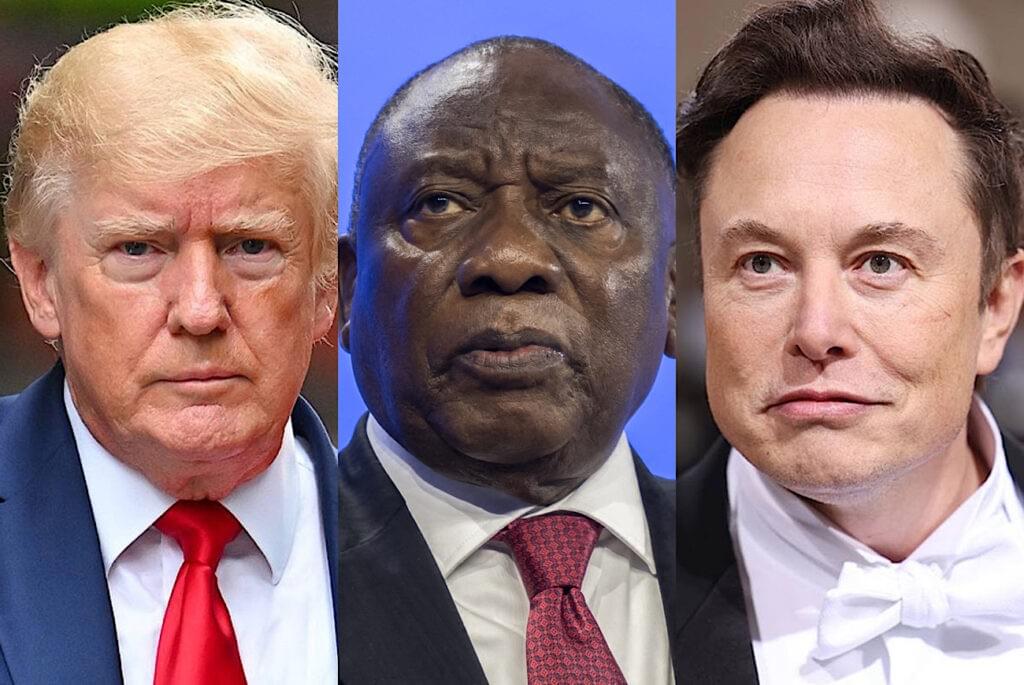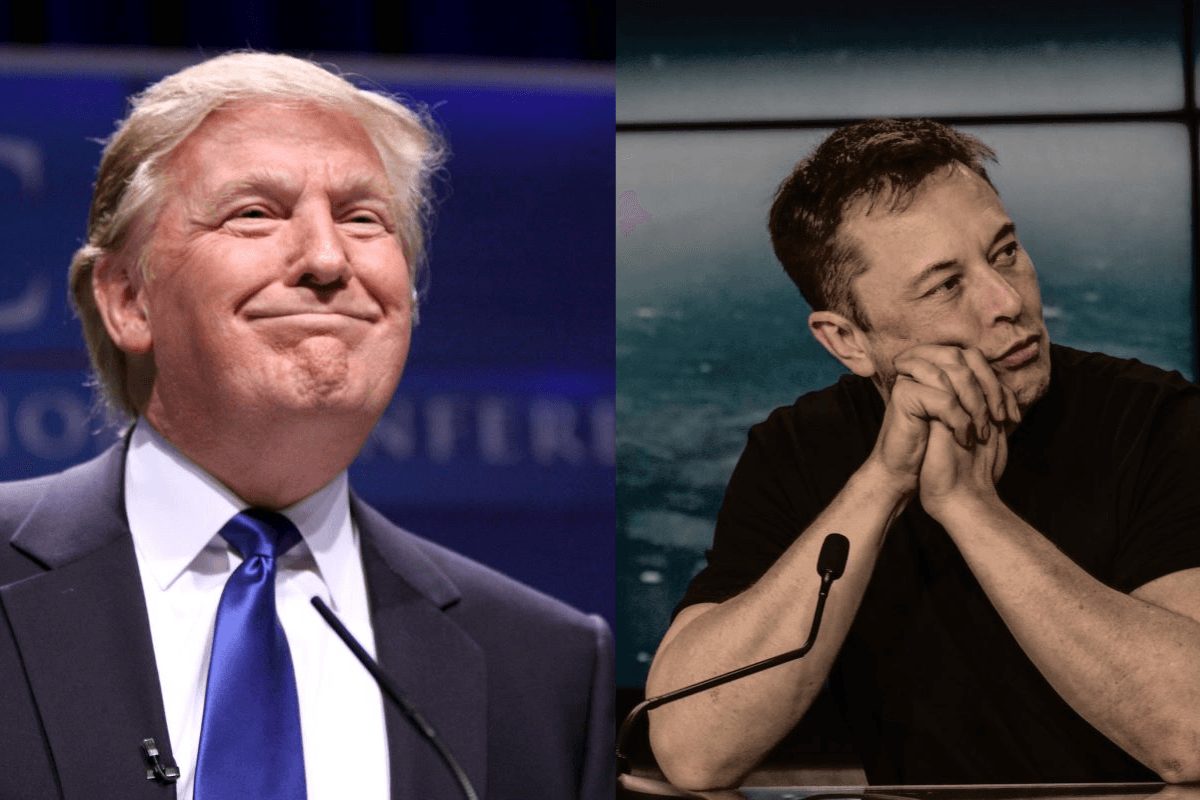
South Africa's history is deeply scarred by racial inequality, entrenched by apartheid-era spatial planning and systemic land dispossession.
Thirty years after the official end of apartheid, the country remains one of the most unequal societies in the world, with racial segregation still shaping economic and social realities.
The Western Cape, a province often romanticized as a world-class region, stands as a stark example of how racial disparities persist—where Black and Coloured communities are largely confined to underdeveloped townships, while white affluence remains untouched.
Yet, these internal struggles are not occurring in isolation. In a disturbing turn, global actors like Donald Trump and Elon Musk are amplifying racial tensions in South Africa, perpetuating false narratives of white victimhood while ignoring the deep-rooted injustices faced by Black South Africans.
Trump’s recent decision to cut PEPFAR funding—critical for HIV/AIDS relief across the continent—stems from his belief in an imaginary anti-white government in South Africa, a narrative that intensified after President Cyril Ramaphosa signed the Land Expropriation Bill.
This myth, aggressively championed by organizations like AfriForum, distorts historical injustices and fuels white supremacy under the guise of civil rights advocacy.
Apartheid-era policies meticulously crafted a landscape of exclusion, ensuring that Black and Coloured South Africans remained on the margins of economic opportunity. The Group Areas Act forced millions into segregated townships, far from economic hubs and basic services. Today, these structural inequalities persist.
In Cape Town, the legacy of forced removals in District Six and other areas remains visible—Black people still struggle to reclaim their land while wealth remains concentrated in white-dominated enclaves like Constantia and Camps Bay.
The land question remains unresolved. Centuries of colonial and apartheid land theft displaced Black South Africans, leaving them landless in their own country. While the government has attempted land reform, progress has been slow, and white-owned farmland continues to dominate the agricultural sector.
The false narrative pushed by Trump, Musk, and AfriForum—that white farmers are under attack—ignores the reality that land inequality is a historical injustice that has yet to be rectified. Instead of addressing this reality, global right-wing figures fuel the flames of racial animosity, using South Africa as a battleground for their own ideological wars.
The decision to cut PEPFAR funding is an extension of this tactic—weaponizing aid meant for marginalized communities to drive their racist agendas while reinforcing white supremacy on a global scale.
Trump and Musk’s meddling in South African affairs is not an isolated incident—it is part of a broader global trend where right-wing populists weaponize race to maintain white supremacy. Their claims about "white genocide" and "land confiscation" in South Africa, despite being debunked repeatedly, continue to spread across conservative media spaces.

These narratives provide justification for policies such as PEPFAR cuts, which directly harm marginalized communities by depriving them of critical HIV/AIDS funding. The internationalization of South Africa’s racial tensions benefits those who wish to maintain existing racial hierarchies, both locally and abroad.
The Western Cape exemplifies how racial disparities remain deeply entrenched.
The province has a long history of maintaining a pseudo-European identity, often aligning itself with narratives that downplay Black struggles. The DA-led government prioritizes policies that favor middle-class and wealthy residents, leaving the majority Black and Coloured populations in persistent cycles of poverty.
Service delivery protests in townships like Khayelitsha and Mitchells Plain highlight the ongoing neglect, while affluent white suburbs remain well-resourced and protected from the realities of inequality.
To move forward, South Africa must continue dismantling the apartheid structures that still shape the present. Land reform must be accelerated to address historical injustices. Economic policies must center Black and Coloured communities, ensuring equitable access to opportunities.
Internationally, the dangerous influence of right-wing figures like Trump and Musk must be challenged—South Africa cannot allow external forces to hijack its narrative for their own political agendas.
Racial tensions in South Africa are not a product of Black leadership, as some would falsely claim—they are the result of centuries of white supremacy, colonialism, and apartheid.
To achieve true justice, the country must confront these realities head-on and reject the divisive propaganda pushed by those who seek to maintain racial hierarchies.
The fight for equality is far from over, but it is a battle worth waging.

